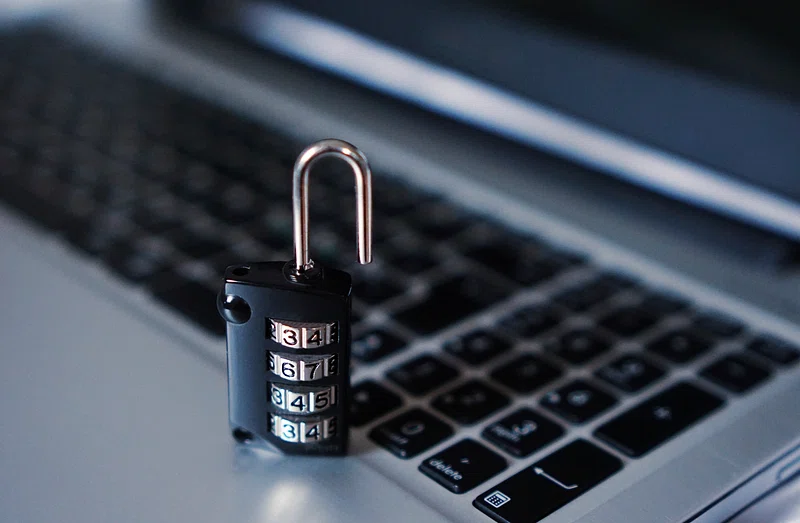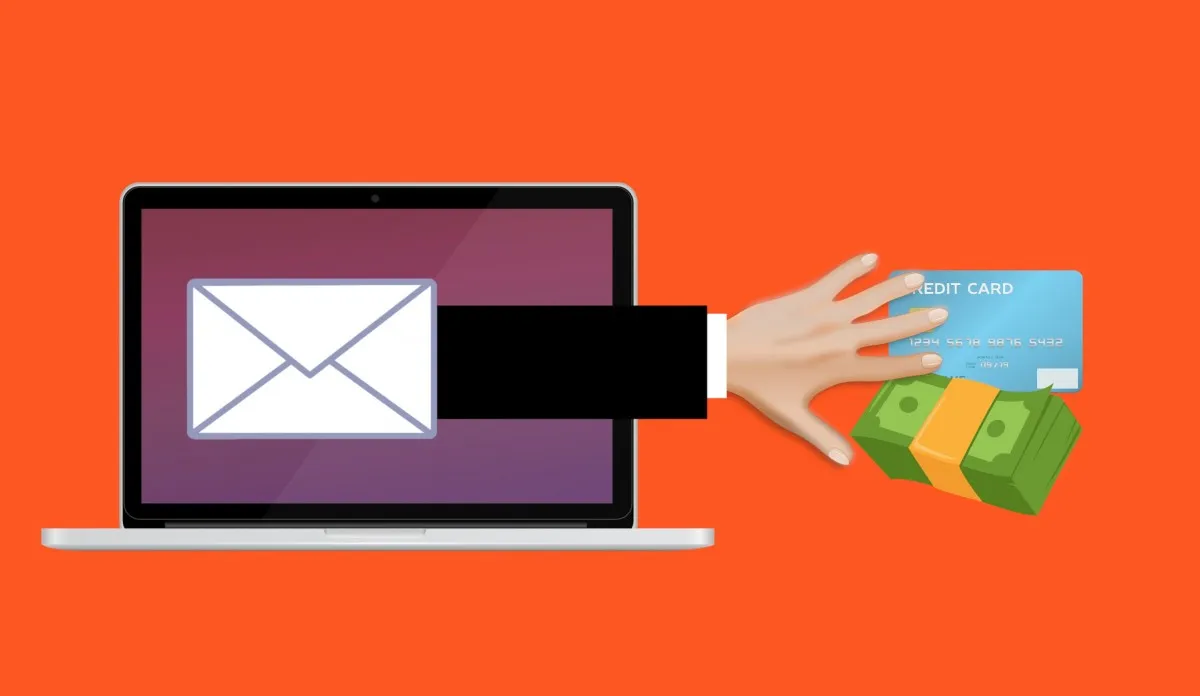Your bank accounts are not quite as secure as you think, because extensive use of phone numbers to verify most of the monetary transactions. Our 10-digit mobile number has become the key to our bank wall and thus a prime target for cyberattacks.
Few months ago, a Mumbai based textile businessman lost around 1.8 crore rupees from his account after receiving six missed calls on his smartphone. In some another case, money was stolen in 28 transactions across 14 bank accounts of chemical businessman. Similarly, another person in Ahmadabad lost 64 Lakh rupees to cyber criminals following a missed call on his phone. In recent time, most of such frauds happening with popularity of mobile banking apps and online transactions linked to bank accounts and cards. Now a major question arises here is that how does one secure his accounts against such attacks?
Cyber experts explain, normally bank accounts compromise because of lack of awareness on part of the customers when they end up sharing their credentials to unauthorized people. Attackers usually claim as they are bank employee or official government employee or from reputed organizations and demand critical information from account holders and some people easily share their credentials with these fraudsters. One should take some precautionary steps to save themselves from these frauds by aware of the various kinds of form frauds that are going online like phishing attacks. Never ever click on unknown links, and never ever share an OTP with an unknown person. I think you should think trice or five times before delivering an OTP.
Cybersecurity experts as well as law enforcement agencies point to “Sim Swap” is a new and emerging technique for phone-based frauds. It is a kind of account takeover fraud that generally targets a loophole in two-factor authentication or two-step verification, in which the second factor either text message or call placed to a mobile phone. Scammers can also contact people as telecom service providers and trick them into activating new SIM and once new SIM card is activated, cyber criminals take control of the bank accounts and wallets connected with this number. They not only receive SMS based OTP; they can also listen to calls prompting an OTP.
Here are some tips which will help you stay protected online
Tip 1: Never share your personal data with anyone online:

Bank never demand your personal information over the call. If you ever get such call then, just visit the branch and inquire about such demand. Similarly, don’t share OTP, your debit card or credit card information such as card numbers, CVV and PIN.
Tip 2: Check URL of the website you are visiting:

Whenever you visit a website for monetary transactions, just check the URL of that website. The URL should start with https:// which indicates that it is a secure website. Cyber criminals sometime create a same website as that of original, you must check the certificate for confirmation. Don’t click on any links which gives you a fake offer.
Tip 3: Never install apps from unknown sources:

Attackers usually create a fake app like original app and distribute it over different platforms. Try to install apps from verified platform such as official play store or apple stores. In your mobile, you can disable option for installing apps from unknown sources and keep it off compulsorily.
Tip 4: Never do financial transactions on public system:

Some people perform financial transactions using public system such as cybercafé or on some others’ system which does not belong to them. This will increase the risk of sharing your banking credentials with an unknown person.
Tip 5: Change your login credentials at regular intervals:

Change your internet banking credentials like internet banking password, transaction password, debit card PIN and Credit card PIN after some time. As per most of the banking institution, changing your password within 120 days is necessary.
Most importantly needed is building a culture for cybersecurity, creating awareness among people, and educating people about digital literacy. One more important thing is that, if you ever come across such fraudulent situation, you can report it to “Cyber Crime Helpline” number 1930.
